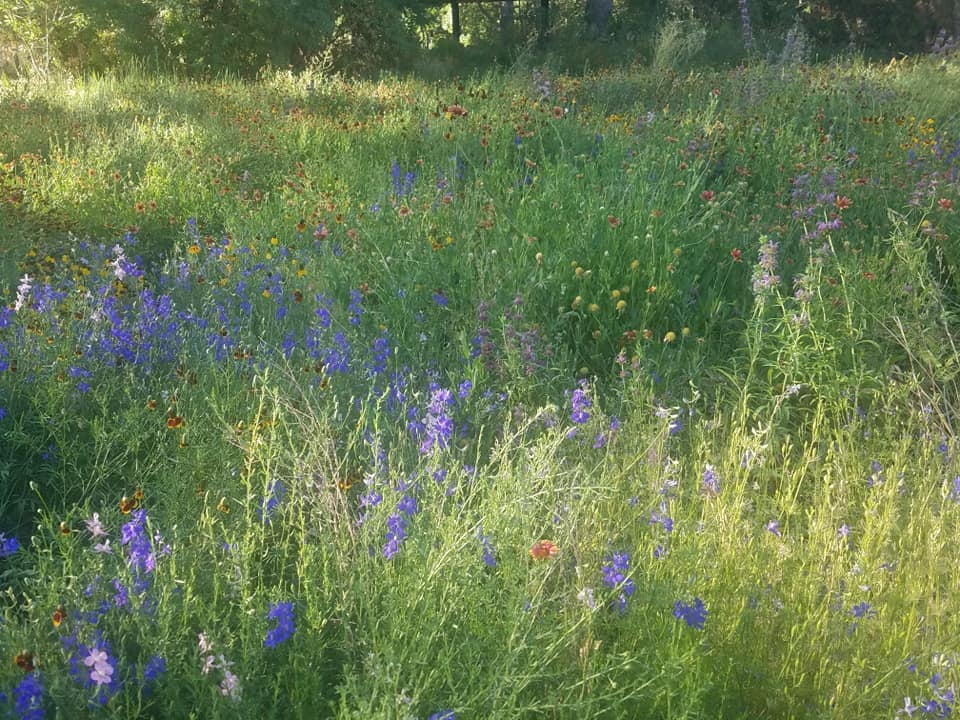In 2015, Bayer made a commitment to help save pollinators with its Feed a Bee campaign. In the first year, they pledged to fund 50 million plants, which they exceeded. Since then, Bayer has continued to support projects every year and has funded projects in all 50 states.
This year, one of the recipients is the Tucson Audubon Society, a nonprofit organization whose mission is to “inspire people to enjoy and protect birds through recreation, education, conservation, and restoration of the environment upon which we all depend.” With the award, they have created more educational programs for Tucson homeowners.
Employees at Tucson Audubon Society mainly work in the field restoring native habitats, surveying local land and building nest boxes for local species. Before the outbreak of COVID-19, they would also be hosting field trips and other educational programs. After plans were thrown off-track, the entire organization shifted to an online format, hosting educational programs such as the “Habitat at Home” project led by Kimberly Matsushino.
“Habitat at Home is a program developed in response to Tucson’s rapid growth and urban sprawl,” Matsushino says. “We recognize that critical habitat for birds was being destroyed at an alarming rate as southeast Arizona’s population exponentially increased. Knowing that there’s not a lot we can do to prevent homes from being built, we decided to work with homeowners.”
Although the program has been around since 2015, Bayer’s Feed a Bee grant helped get the Habitat at Home initiative off the ground—providing funds to educate the public about native bees and pollinators, teach homeowners how to provide for these pollinator,s and to expand their existing gardens to incorporate pollinator plants.

“We were able to add more native, bee-loving plants to our demonstration gardens, as well as botanical signs that both identify the plant as well as its benefit to pollinators,” Matsushino says. “We were also able to hold native bee nest-making workshops that were free and open to the public. The funding allowed participants to take home the nests they made. Since then, the interest in native bees has grown immensely.”
With the increase of requests for pollinator habitats, Matsushino now makes native bee nesting blocks herself and sells them at Tucson Audubon Society’s Nature Shop, where they put all the proceeds toward the Habitat at Home program. They have also added a pollinator section in their Habitat at Home manual and hope to create an entirely new manual with a large focus on pollinators later in 2020, giving homeowners a step-by-step guide to providing pollinators a habitat.
To learn more about the Habitat at Home program visit https://tucsonaudubon.org/habitat.
This sponsored content was brought to you by the Bayer Marana Greenhouse team. To learn more about Bayer Marana visit https://vimeo.com/416152387/7c76256834.
Keep up with all of Green Living‘s original content online and on social media.







